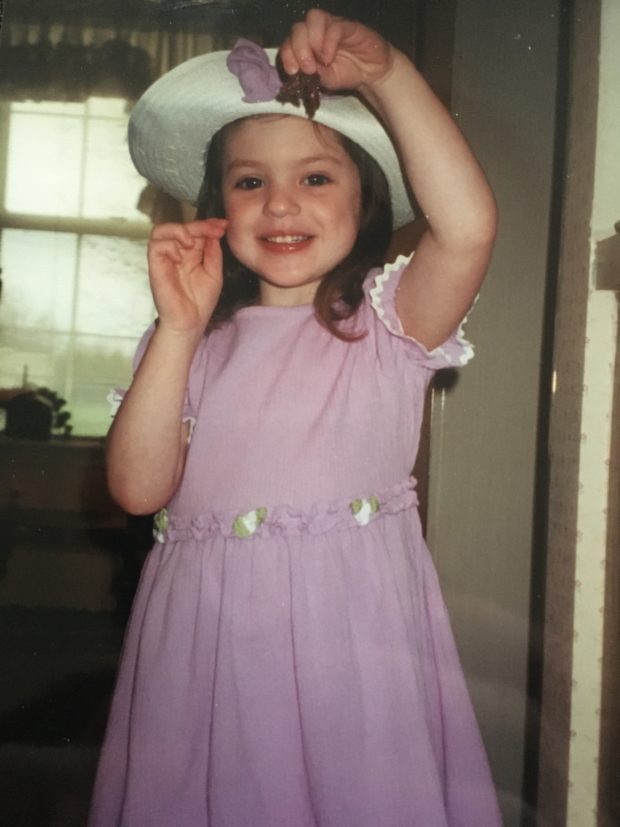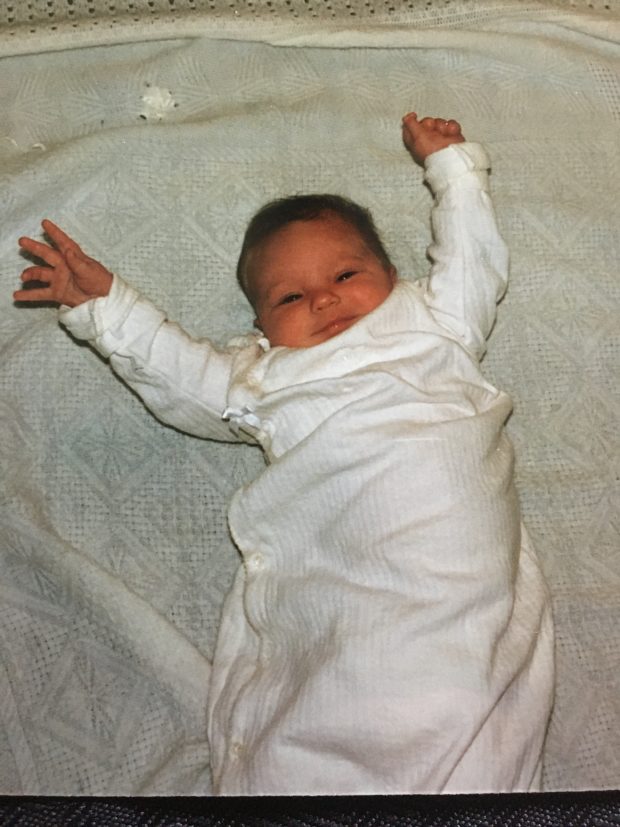Jacuzzi Baptisms
Kate Cammell | kac2261@columbia.edu
With the whirlpool setting off, the pastor enters a hot tub set up in the center of the church stage. One-by-one members, dressed in cotton tee shirts and athletic shorts, enter the tub for their baptism. Music swells from the praise band as the pastor guides each person through the process of dipping under water. With each dunk, the congregation erupts in applause.
This is the playbook of the monthly baptism services I grew up attending at Ada Bible, a nondenominational megachurch in Grand Rapids, Mich. Home to over 8,000 congregants, the church has four campuses scattered throughout the 200,000-person city. Each has been shuttered indefinitely as COVID-19 spreads across the nation.
These baptism services, slightly camp but moving, were always my favorites to attend. Kyle Pierpont, the Campus Pastor of the church’s Cascade Campus, often conducts the rite. He affirmed my sentiment as we talked the other day by phone saying, “yeah, people love them.”
Pierpont is a tattooed fourth-generation pastor with a grown-out brown beard and hair pulled into a bun that gives him an uncanny likeness to the Western iconography of Jesus. He’s in charge of pastoral care for the church and noted that it’s been difficult to uplift the community during this pandemic. Congregants are losing their jobs, loved ones are dying in isolation and everyone seems scared.
When Ada Bible closed its doors and went fully virtual on March 13, church leaders were hoping to reopen by Easter. Since then, the State of Michigan has enacted an executive order directing residents to stay at home through April 13, the state’s public schools are closed for the remainder of the academic year and the federal government has extended their social distancing recommendations through April 30. As of my writing this on Thursday April 2, cases in the state have risen past 9,000 and President Donald Trump is in the midst of public spat with Michigan’s governor, Gretchen Whitmer, that’s delaying medical aid to the region.
Returning to normalcy anytime soon is looking increasingly unlikely.
Ada Bible leadership is attuned to this. They’re preparing for a virtual Easter service. The church has been offering online sermons for over a decade, so adjusting to the technology and the congregation’s embrace of virtual pastoring were no problem. But still, there’s a void.
Pierpont said that he didn’t realize how much community took place in the liminal spaces of the physical building. Suddenly gone are things like saying hellos in the hallways, grabbing coffee in the atrium or striking up a conversation with the person who passes you the Half and Half. Gone also are the people who sit side-by-side as they cheer on those submerging in water on stage.
Those moments are now on hold indefinitely.


Pierpont has been thinking more lately about the meaning of baptism. Water washing away worldly sin, the act reminding those who partake that God invites them to an afterlife in heaven. On Easter he’s hoping to baptize people over Zoom. The recorded rite would then be featured during the church’s service. He thinks it’s a small way to remind people of the hope God offers even in difficult times.
While sitting at his kitchen table in front of the banana plant his wife got from Costco, Pierpont hopes to recite a blessing over Zoom as congregants dunk themselves in a body of water at their home, preferably a hot tub. Bathtubs could work too, though he confessed, “I don’t know I feel a little weird about the bathtub thing.”
Though I’m not particularly religious anymore, there’s something comforting during this time about returning to the church where I grew up, now by live stream in my East Harlem apartment. I’m stuck between needing to find meaning in this moment and wondering if I can. But I’m discovering, perhaps in an effort to etch some semblance of normalcy, moments of peace in reconnecting with a familiar community from afar.
One that I’d lost touch with until this pandemic.
Returning to church, I’m remembering that feeling of communion I had sitting at those hot tub baptisms of my youth. Cheering in chaotic unison for people as they cry and stumble off-stage smiling produces a connection that’s difficult to describe.
It’s easy for me to imagine the absurdity of it all to an outside eye—God being present in a hot tub on the pulpit of a warehouse-style church nestled in Midwestern woods. Now maybe even a clawfoot bathtub at someone’s home.
But in these moments of baptism, my church celebrates the idea that the people around us might find release and respite from the mortal world, a place where disease is real and no water can easily wash it away. As we watch the baptisms this Easter, there’s newfound hope that we might feel ourselves uplifted, too.
And, perhaps some congregants, like me, will find a much needed and special kind of levity that only comes from thinking about Jesus administering divine rescue via a Jacuzzi.
